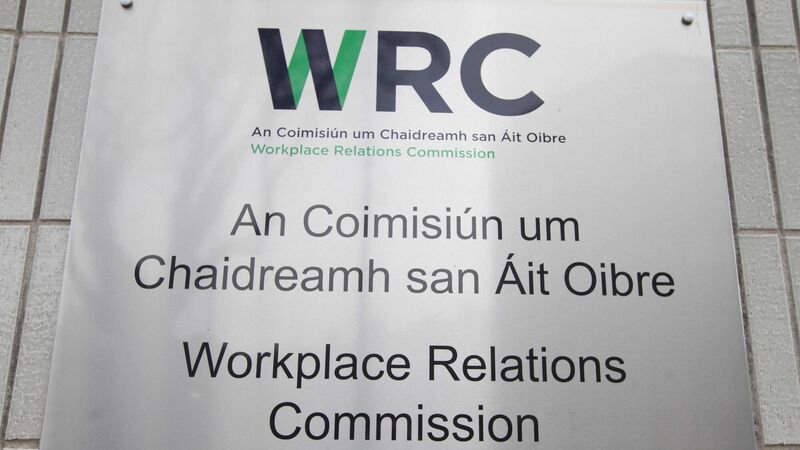Most companies have no whistleblower policy; nearly half have had disclosures since 2017

The requirements of the new Protected Disclosures (Amendment) Bill, should it pass, are set to be monitored by the Workplace Relations Commission. File picture
The vast majority of private companies in Ireland have no protected disclosure policy in place, despite a new law pending which would make such whistleblower procedures a mandatory requirement.
Nearly seven in 10 companies have taken no steps to put in place a disclosure channel despite the new law, named the Protected Disclosures (Amendment) Bill, which is expected to pass through the Dáil ahead of its imminent summer recess.










